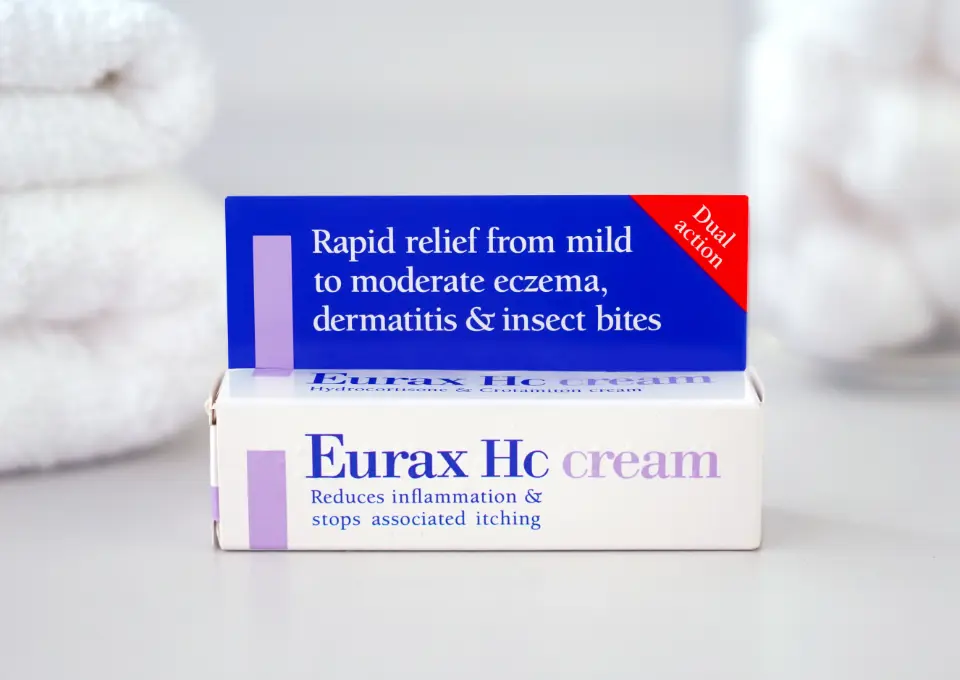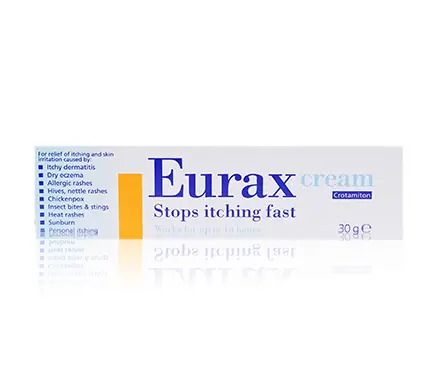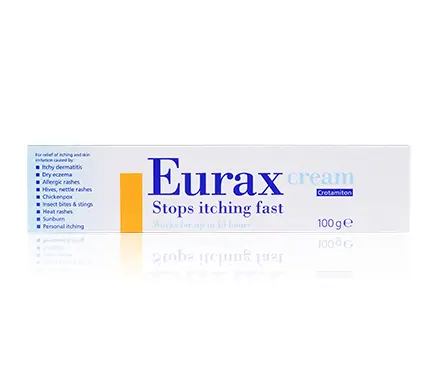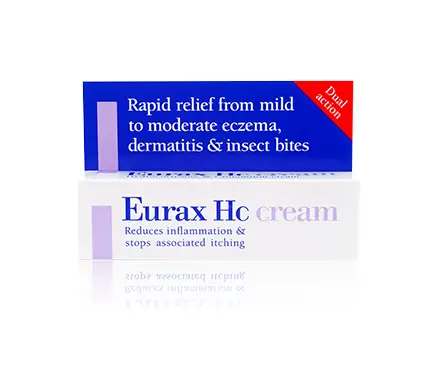It has been estimated that up to 10% of the UK adult population could be living with eczema. Eczema flare-ups are often caused by triggers but there are ways to manage them. Read on for an overview of common eczema triggers and tips for treatment below!
Eczema symptoms
Eczema, also referred to as atopic dermatitis, is a common skin condition that causes the surface of the skin to appear cracked, dry and itchy. These symptoms can occur early in infancy, usually before the age of 1, as well as later in adult life.
Almost any part of the body can be affected by eczema, such as the scalp, face, hands, torso, arms and legs. However, the most common areas affected are the hands, elbows, backs of knees and face. People who experience eczema ‘flare-ups’ will usually go through periods where their skin is more inflamed and itchy than usual.

What are the different types of eczema?
- Discoid eczema usually appears itchy, swollen and cracked in an oval shape specifically. This type can affect any area of the body but usually doesn’t affect the face or scalp.
- Contact dermatitis is usually triggered by exposure to a substance, such as irritants or allergens. The appearance of this type is usually blistered and cracked skin with no particular shape.

- Varicose eczema specifically affects the lower legs and can be caused by blood flow problems, which usually appears discoloured and inflamed.
- Seborrhoeic eczema/dermatitis is usually caused by the levels of sebum (oil) in the skin. It causes the skin to be red, itchy and flaky and appears most often on the scalp, face and chest.
- Dyshidrotic eczema causes tiny blisters to form on the surface of the skin. This usually occurs on the palms of the hands and sometimes the soles of the feet.
Eurax HC Cream for eczema
Provides rapid relief of inflammation associated with mild to moderate eczema. Its dual-action formula helps reduce inflammation and helps to stop itching to help soothe your skin.
Eczema triggers
Allergies
For some people, having allergies can cause them to have eczema “flare-up”. This can cover a wide range of allergens such as foods, pollen, washing detergents, pets, dust mites and mould.
Climate and sweating
When your body temperature rises and you sweat, this can often cause a skin reaction for people with eczema. This tends to happen most in the summer months when it’s warmer or in the winter when people tend to wear more layers.
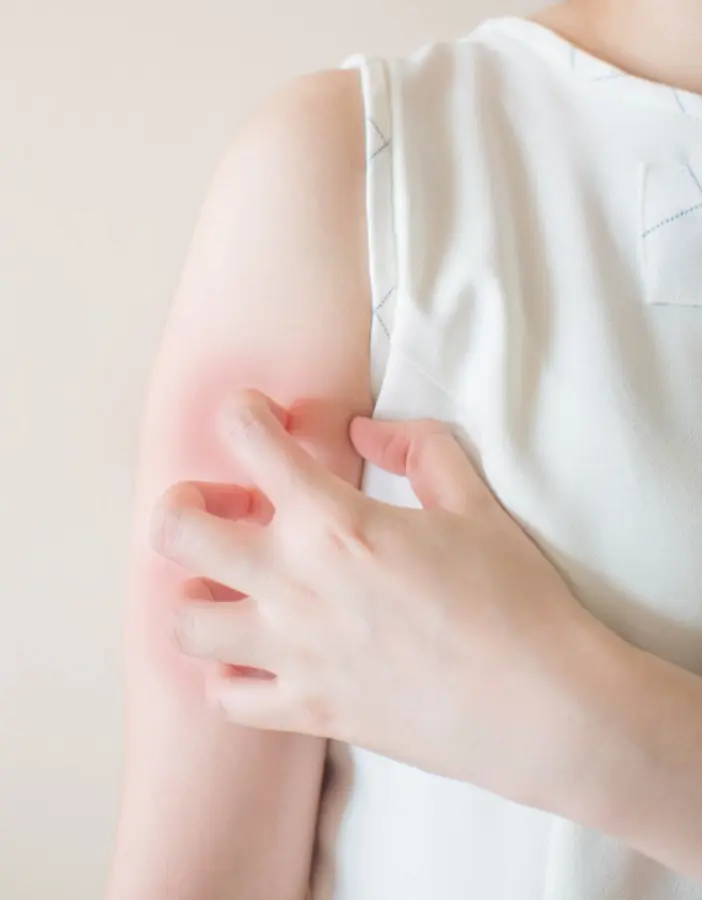
Clothing
It is recommended for eczema sufferers to avoid tight clothing as this can cause friction on the skin and trigger a flare-up. It is also best to avoid fabrics that are rough, heavy or itchy, such as wool. We recommend fabrics such as linen or cotton - find more information on our “How to dress for hot weather” guide!
Irritants
People who experience eczema can be very sensitive to fragrances, metals, soaps and lotions. Make sure to check the labels of new skincare products and detergents and try to go for sensitive formulas that are less likely to anger the skin.
Tips & treatments for eczema
Eczema is usually a long-term condition, however, there are ways to manage it and relieve the symptoms to allow for more comfortable day to day living.
Here are some of our top tips for getting on with your life and living more comfortably with eczema:
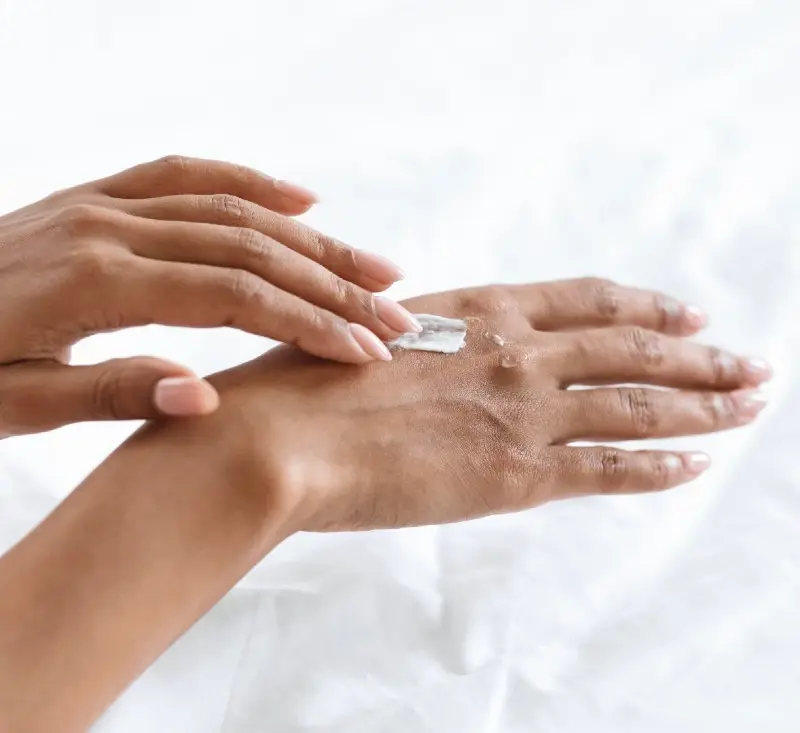
Moisturise
Daily moisturising will help to protect the skin’s natural barrier and lock-in the moisture. A good time to moisturise is within 3 minutes of bathing in lukewarm water to lock-in moisture on the skin.

Use Eurax HC Cream or Eurax 10% Cream
For fast relief of itching from dry eczema for up to 10 hours, apply Eurax 10% Cream. To soothe itchy and inflamed skin from mild to moderate eczema, we recommend Eurax HC Cream which provides quick relief for up to 10 hours.

Washing and drying your skin
After bathing, pat your skin dry with a light-weight cotton towel to avoid rubbing and friction which could aggravate the skin.
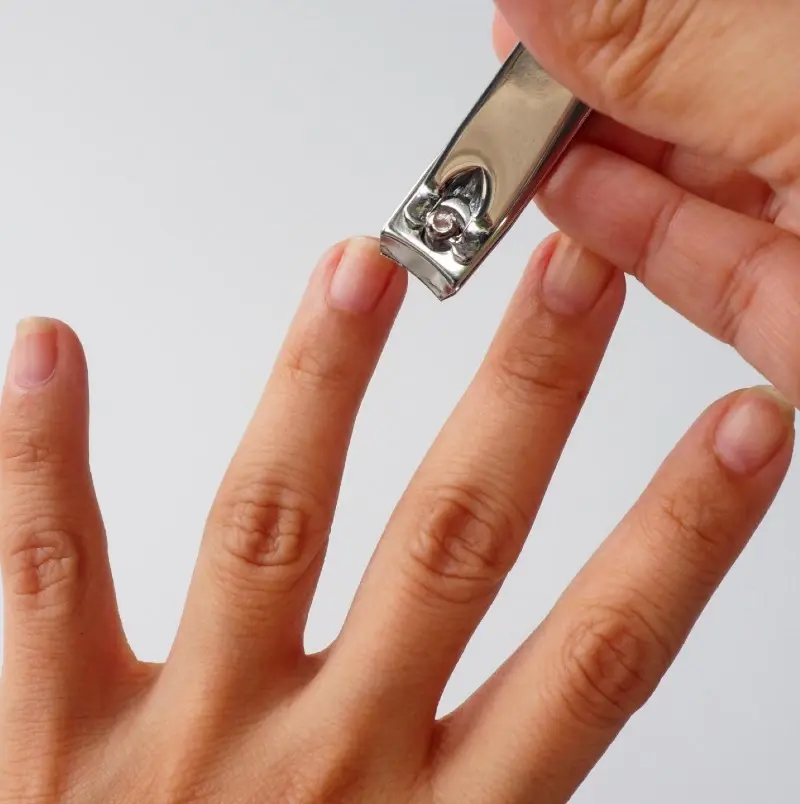
Keep your fingernails short!
The temptation to scratch the itch can be hard to resist if you have the perfect tools at your fingertips.

Learn your triggers and allergies
For many people, an allergy they are not aware of could be causing their eczema and this could be avoided by cutting it out of their life. To find out what your allergies are and pinpoint the allergens you should avoid, you can request an allergy test from your doctor.
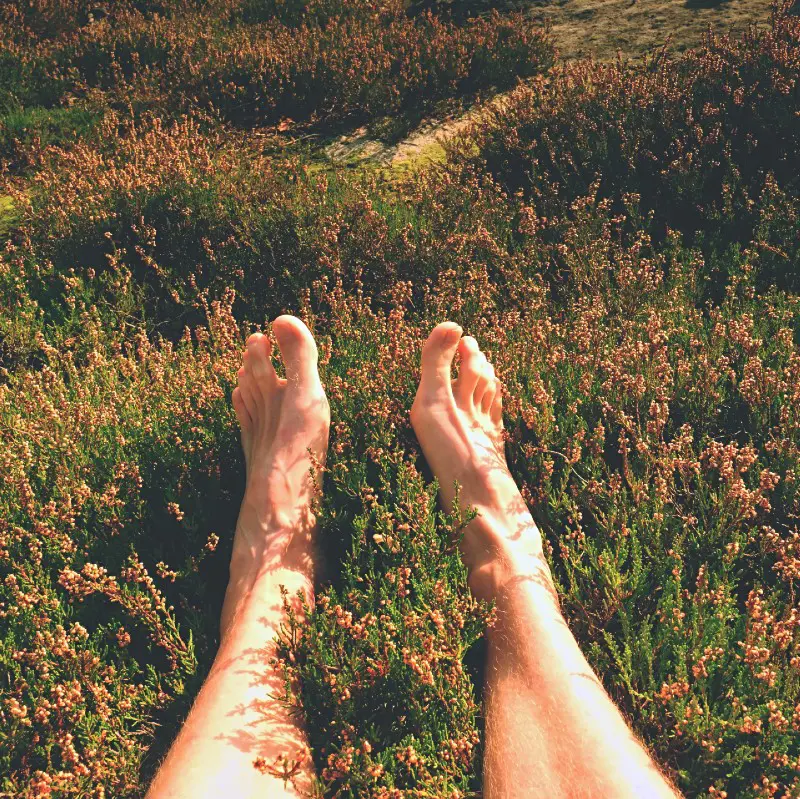
Be cautious of the weather
Whether it is cold and dry or hot and humid, the temperature can affect your skin. Cold temperatures usually mean low humidity which can dry out the skin and high temperatures in the summer months can cause you to sweat more. We recommend using air humidifiers or fans during summer to keep your skin cool and prevent it from drying out.

Switch up your routine
Adapt your self-care routine to include more sensitive-skin-friendly products and ingredients. For example, fragrances are known to cause reactions for people with sensitive skin so we recommend checking if the product packaging says it’s suitable for sensitive skin. Ingredients to avoid can include glycolic acid, salicylic acid, and retinol.



